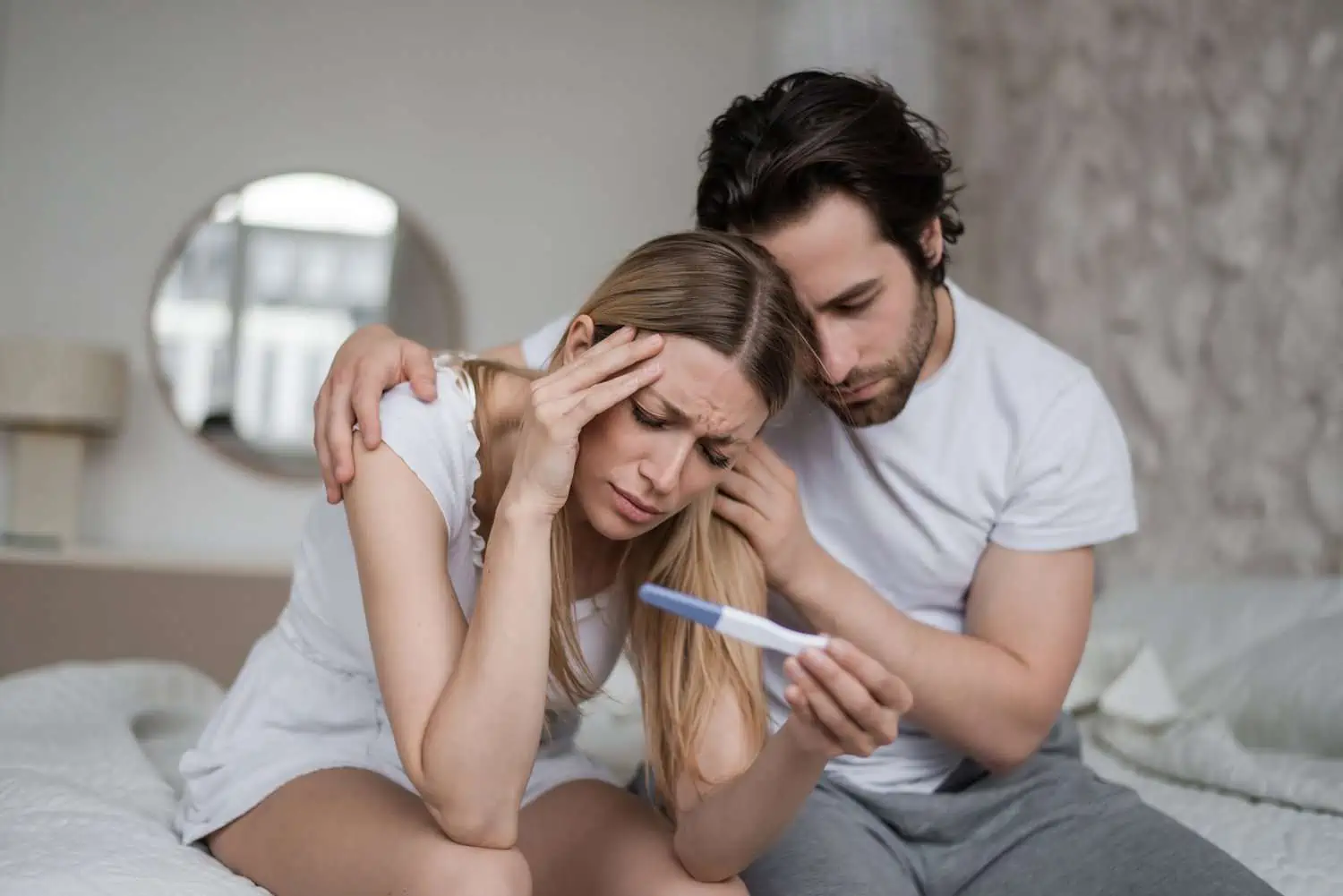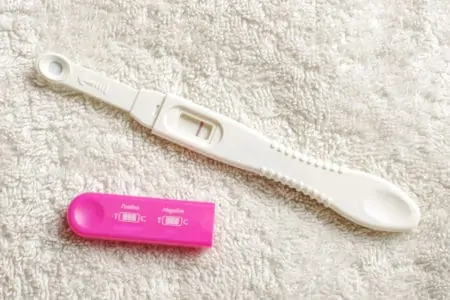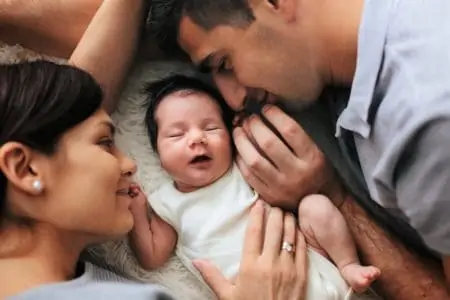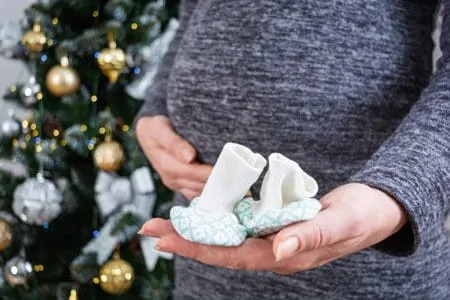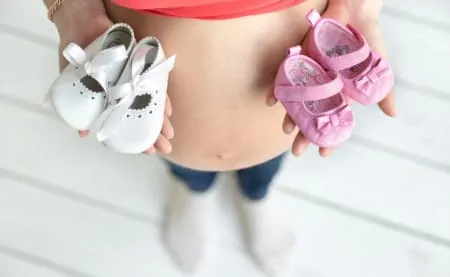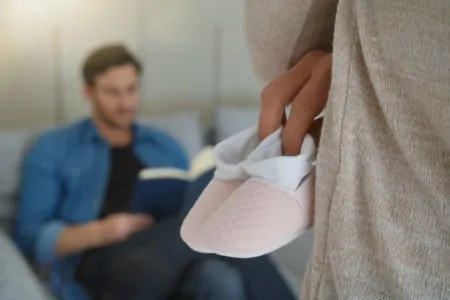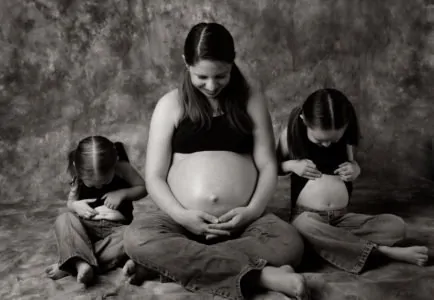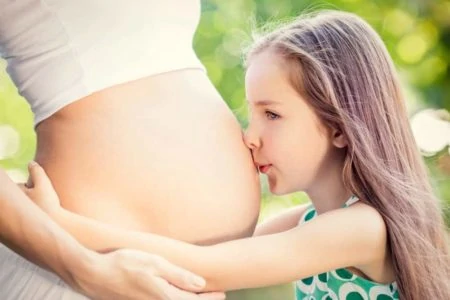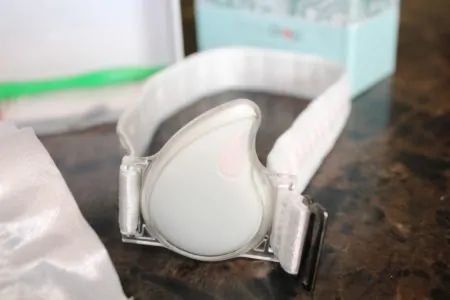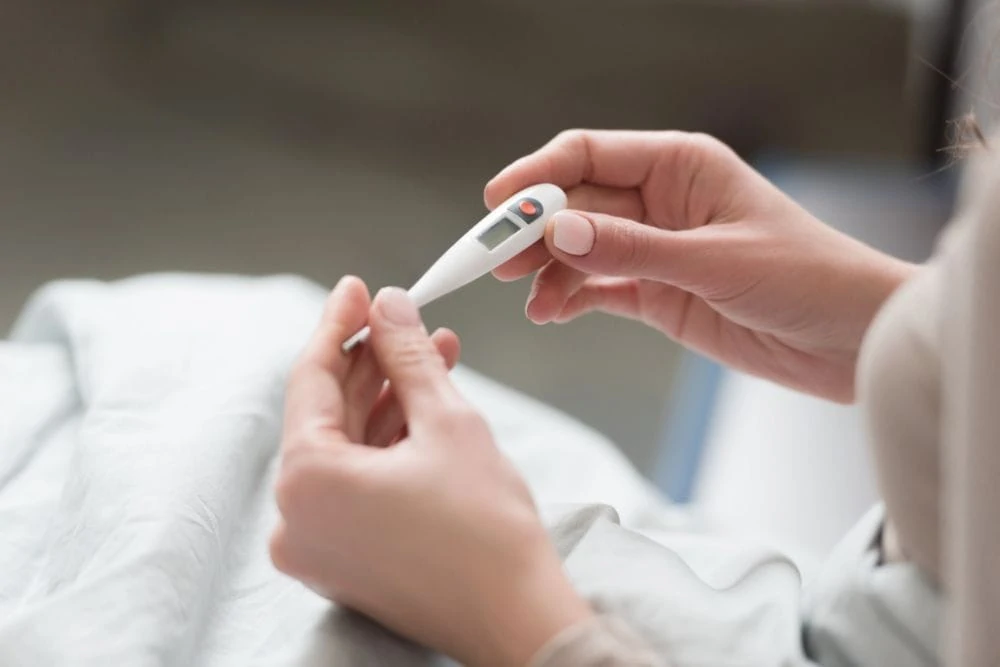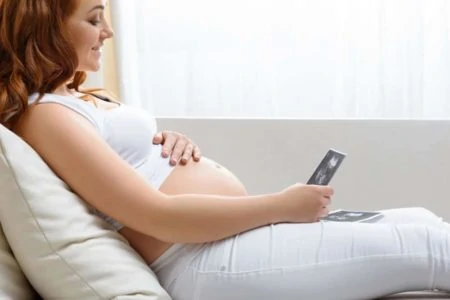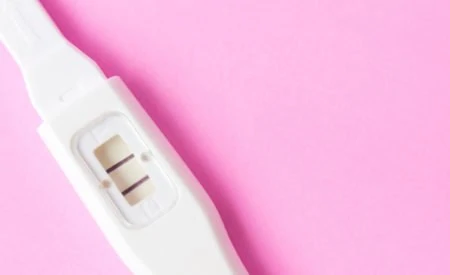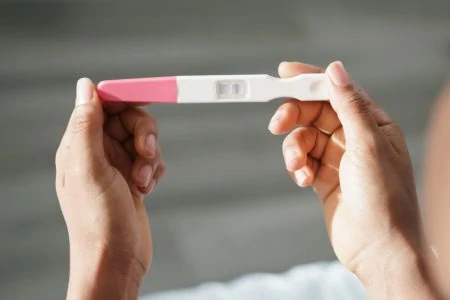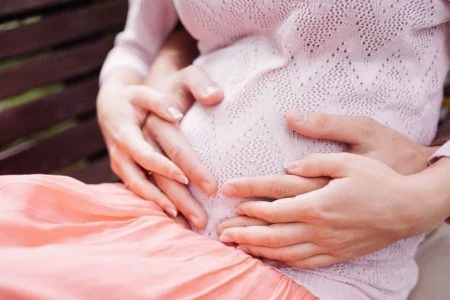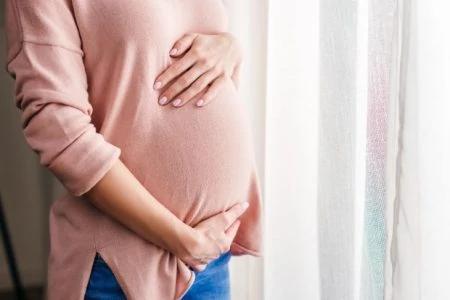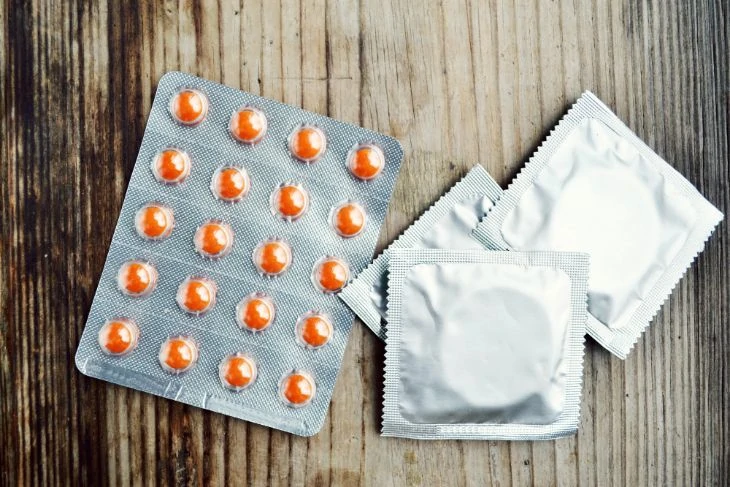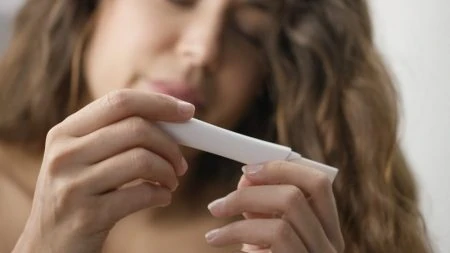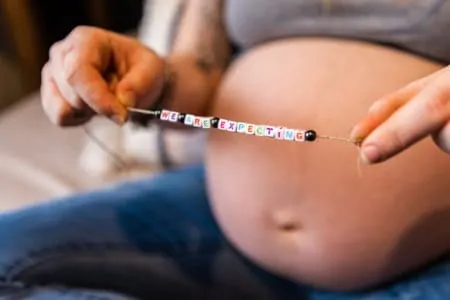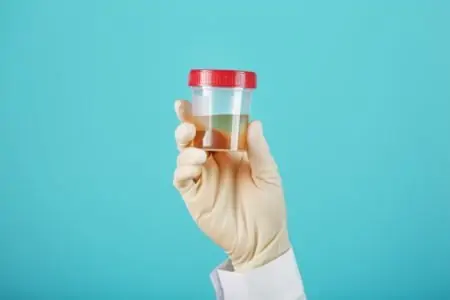For some women, becoming pregnant is simple, but other women struggle with it. If you are trying to become pregnant, you’ll need to pay attention to things like fertility and ovulation.
Knowing how menstrual cycles work and which days of your cycle you are most fertile can greatly increase your chances of becoming pregnant. Day one of your cycle will be the first day you start bleeding.
Since there is a wide variation of how long a menstrual cycle lasts, when a woman ovulates is a highly individualized thing. The typical cycle lasts between 28 to 35 days. Ovulation generally takes place between days 11 and 21.
If you’re trying to get pregnant, have sex a day or two before you expect your ovulation to occur. Then have sex every other day throughout your expected ovulation time. Don’t forget to start taking a prenatal vitamin so your body is already getting those essential nutrients before you get pregnant.
Pregnancy Tests
When you suspect you’re pregnant, you can take a pregnancy test by testing your urine. But pay attention to how quickly they can detect pregnancy.
Some highly sensitive pregnancy tests can determine if you’re pregnant before you skip a period. Others aren’t as sensitive and will only work after the first day of when your period should be due.
Pregnancy tests are generally 99 percent accurate. But there is room for human error, such as testing too soon. If your test says you’re not pregnant but you think you are, wait a couple of days and then retest.
Pregnancy Announcements
Since many miscarriages occur in the first three months, you might opt to hold off on announcing your pregnancy until you are in the second trimester.
You can announce it in whatever way you want — through social media, face-to-face, or on the phone. That’s entirely up to you!
Early Pregnancy Symptoms
It can be tricky to tell when you’re pregnant solely from listening to what your body is telling you. Many early pregnancy symptoms are the same as you’d have from your regular periods.
But there are some symptoms that aren’t a sign of your normal monthly visitor. Here are some of the early signs of pregnancy.
- Breast pain.
- More urination than normal.
- Feeling fatigued.
- Nausea.
- Vomiting.
- Light cramping.
- Missed period.
- Moodiness.
- Feeling bloated.
- Sensitivity to odors.
Conception Complications
Sometimes women struggle to get pregnant despite their best efforts. Here are some of the things that could be stopping you:
- Your infertility.
- Your partner’s infertility.
- Endometriosis.
- Not ovulating.
- Advanced age.
- Fallopian tubes being blocked.
- Undiagnosed medical issues.
If you have been trying with no luck for six months for a baby, it may be time to talk to your doctor to see what else you can be doing.
